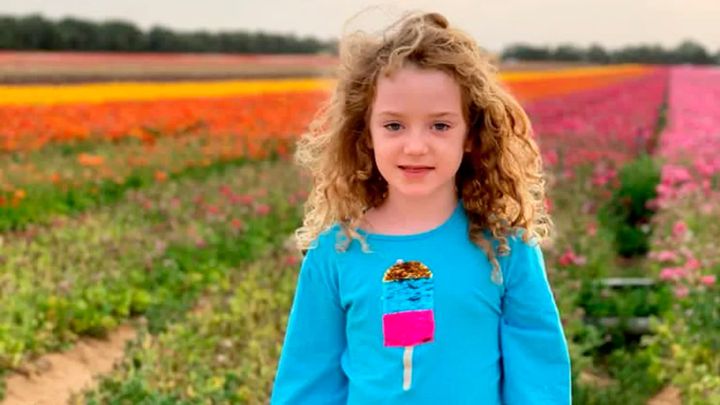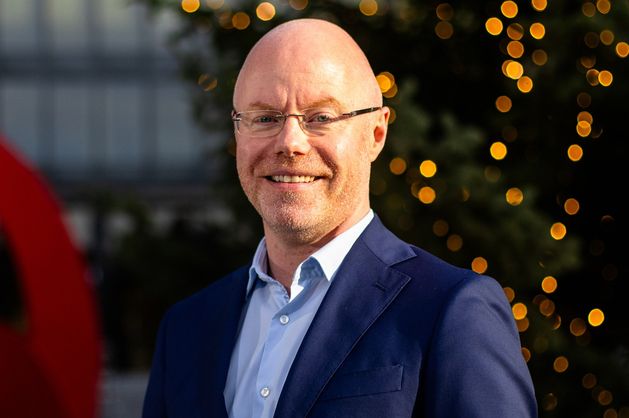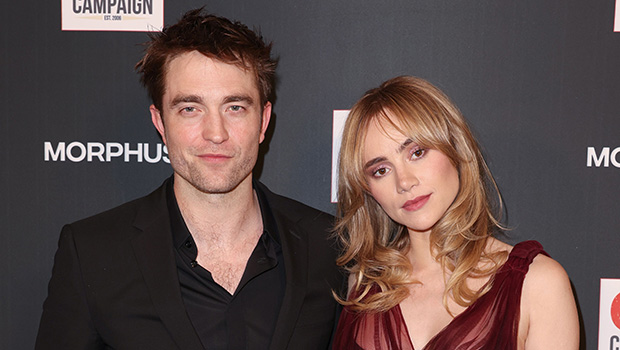[ad_1]

His comments came amid positive signals from both Hamas and Israel over an imminent hostage deal, as early as today.
“We are particularly pursuing the case of Emily Hand, a young Irish-Israeli girl who we believe has been held hostage in Gaza by Hamas,” Leo Varadkar told Mary Lou McDonald in the Dáil – notably criticising kidnapping and hostage-holding.
“We’re doing everything we can to make sure that if there is the release of some hostages by Hamas in the coming days, that children are the first of all those to be released,” the Taoiseach said.
“And we’re very strongly of the view that hostages should never be taken by anyone, in any conflict, anywhere, ever,” he told the main Opposition leader.
The taking of children as hostages is particularly wrong, he said. “We’re pushing, and using all our contacts and abilities, to ensure that if there is a hostage release in the coming days, that Emily Hand is a long one of those to be released. That’s a major priority for us,” Mr Varadkar said.
The leader of Hamas said on Tuesday that a truce agreement with Israel was close, and Prime Minister Benjamin Netanyahu said he hoped for good news soon about hostages, the most optimistic signals so far of a deal to pause fighting and free captives.
Hamas officials were “close to reaching a truce agreement” with Israel and the group has delivered its response to Qatari mediators, Hamas leader Ismail Haniyeh said in a statement sent to Reuters by his aide.
Netanyahu said: “We are making progress. I don’t think it’s worth saying too much, not at even this moment, but I hope there will be good news soon”, according to remarks released by the Israeli prime minister’s office.
Netanyahu would convene his war cabinet from 1600 GMT “in light of developments in the matter of the release of our hostages”, his office said, followed by meetings of his wider security cabinet and the full cabinet.
A source briefed on the negotiations told Reuters the long-awaited agreement, which would see the first truce of the war and the first mass release of those held by both sides, was in its “final stages” and “closer than it has ever been”.
That was echoed by a U.S. official who said it was the “closest we’ve been” to a hostage deal.
The deal, as described by the first source, envisages the release of around 50 civilian hostages by Hamas and of female and minor-aged Palestinian detainees from Israeli custody, as well as a multi-day pause in fighting.
A Hamas official told Al Jazeera TV that negotiations were centred on how long the truce would last, arrangements for delivery of aid into Gaza and details of the exchange of captives. Both sides would free women and children, and details would be announced by Qatar, which is mediating in the negotiations, said the official, Issat el Reshiq. Israel’s Channel 12 and Channel 13 TV stations both quoted unidentified officials as saying terms of a deal could be reached “within hours”.
Hamas took about 240 hostages during its Oct. 7 rampage into Israel that killed 1,200 people, according to Israeli tallies.
Mirjana Spoljaric, president of the International Committee of the Red Cross (ICRC), met Haniyeh in Qatar on Monday to “advance humanitarian issues” related to the conflict, the Geneva-based ICRC said in a statement. She also separately met Qatari authorities.
The ICRC said it was not part of negotiations aimed at releasing the hostages, but as a neutral intermediary it was ready “to facilitate any future release that the parties agree to”.
Speaking in the Dáil, the Taoiseach said he had a chance yesterday to speak with the Prime Minister and Foreign Minister of Qatar, which has been in discussion with Hamas, and was due to meet with the ambassadors of some Arab and Muslim countries.
Ms McDonald, who again called for Israel to be referred to the International Criminal Court, said “all of us” were looking forward to Emily being back with her family soon, noting that she turned nine last Friday.
Mr Varadkar said: “We’re calling for the hostages to be released and we believe a ceasefire can facilitate that. We’re calling for the killing to stop and that’s why ceasefire must be adhered to by all sides, not just by Israel, but also by Hamas, Islamic Jihad and the other armed groups.” A ceasefire “can create the space, perhaps, to begin contacts about The Day After – about how Gaza is going to be returned to Palestinian control, and how it’s going to be managed in the weeks, months and years ahead,” he said.
Today’s News in 90 seconds – November 21st
The Government understands that there are some discussions and talks under way between intermediaries involving the release of hostages, Mr Varadkar said. The Tánaiste had been “very involved in contacts as well,” he said.
One Irish citizen had been killed thus far in this conflict. Kim Damti was killed by Hamas in Israel while attending a music festival, Mr Varadkar said. People Before Profit TD Richard Boyd Barrett commented that one word that was commonly on the lips of thousands of protesters in a march in Dublin last weekend in support of Palestinians was “genocide.”
“We have all the evidence we need that a genocide is under way,” yet the Government, Mr Boyd Barrett said, was doing nothing. He cited the Genocide Convention and the obligation of a state to do everything in its power to prevent it.
Mr Varadkar said: “I think what has happened to the Palestinian people for the past 75 years is shameful. It is appalling.” The Western world had let them down very badly, “and that is putting it mildly.”
He said he was not an expert on the term genocide, but his understanding was that it an attempt to “obliterate” a whole people, and that had certainly happened in the Shoah, or Holocaust.
[ad_2]
Source link




















